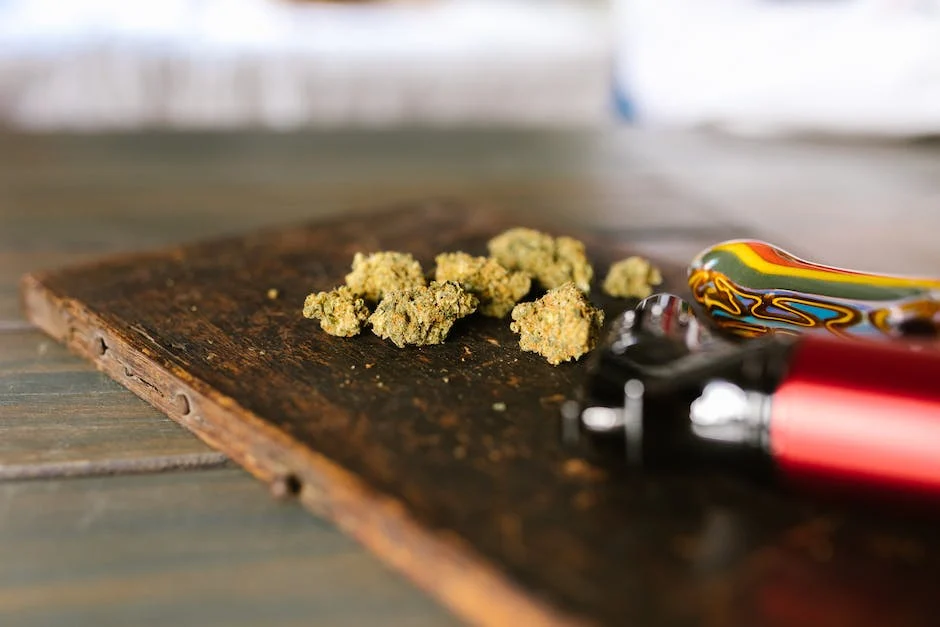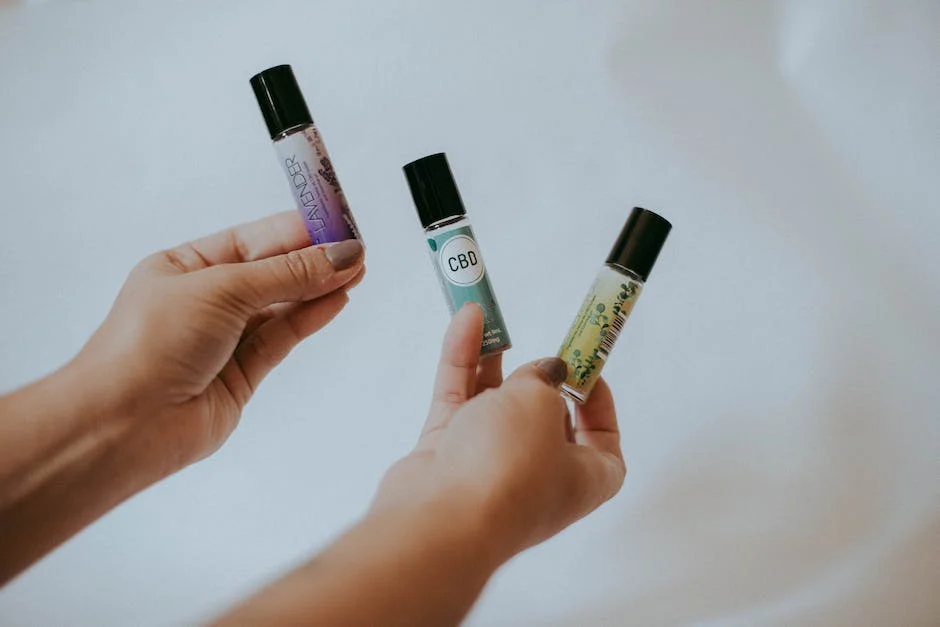CBD and Sleep: A Look at the Latest Research
What is CBD?
CBD, short for cannabidiol, is a naturally occurring compound found in the cannabis plant. It is one of over 100 cannabinoids that have been identified, but unlike its counterpart THC, CBD does not produce a psychoactive effect. In recent years, CBD has gained popularity for its potential therapeutic benefits, including its ability to promote better sleep. Research has shown that CBD may help regulate sleep-wake cycles, reduce anxiety, and alleviate pain, all of which can contribute to a more restful night’s sleep. While more studies are needed to fully understand how CBD interacts with the body’s sleep mechanisms, the preliminary findings are promising, making CBD a topic of great interest in the quest for a good night’s sleep.

Understanding sleep disorders
Understanding sleep disorders is essential when exploring the potential benefits of CBD for sleep. Sleep disorders, such as insomnia, sleep apnea, and restless leg syndrome, can significantly impact a person’s quality of life. Research has shown that CBD may have the potential to improve sleep by addressing the underlying causes of these disorders. CBD interacts with the body’s endocannabinoid system, which plays a crucial role in regulating sleep-wake cycles. By promoting relaxation and reducing anxiety, CBD may help individuals fall asleep faster and stay asleep longer. Additionally, CBD has shown promise in alleviating symptoms associated with sleep disorders, such as pain and inflammation. However, it is important to consult with a healthcare professional before incorporating CBD into your sleep routine to ensure its safe and effective use.
The relationship between CBD and sleep
The relationship between CBD and sleep is a topic that has gained significant attention in recent years. CBD, or cannabidiol, is a compound found in cannabis plants that has been shown to have various therapeutic effects, including promoting relaxation and reducing anxiety. Research suggests that CBD may also have a positive impact on sleep, particularly for those who struggle with insomnia or other sleep disorders. Studies have shown that CBD can help regulate sleep patterns and improve sleep quality by reducing anxiety and promoting a sense of calm. Additionally, CBD may have analgesic properties that can alleviate pain and discomfort, further aiding in a restful night’s sleep. As more research is conducted, the potential benefits of CBD for sleep are becoming increasingly apparent, offering new hope for those seeking natural remedies for their sleep troubles.
How CBD affects sleep patterns
CBD, or cannabidiol, has gained significant attention in recent years for its potential benefits in promoting better sleep. The latest research suggests that CBD may affect sleep patterns by interacting with the body’s endocannabinoid system, which plays a role in regulating sleep-wake cycles. CBD has been found to have a calming effect on the nervous system, reducing anxiety and promoting relaxation. Additionally, CBD may help alleviate pain and inflammation, which can often disrupt sleep. While more studies are needed to fully understand how CBD affects sleep, early findings are promising and indicate that CBD may offer a natural and effective solution for those struggling with sleep disorders.
Research on CBD and insomnia
Research on CBD and insomnia has shown promising results in recent years. CBD, or cannabidiol, is a compound found in the cannabis plant that does not produce the psychoactive effects typically associated with marijuana. Studies have found that CBD may help improve sleep by reducing anxiety and promoting relaxation. It has also been found to have anti-inflammatory properties, which can be beneficial for individuals who suffer from sleep disorders caused by chronic pain. While more research is still needed, these findings suggest that CBD could be a natural and effective option for those struggling with insomnia.
CBD and sleep quality
CBD, or cannabidiol, has gained significant attention in recent years for its potential benefits in promoting sleep quality. Numerous studies have shown that CBD may help improve sleep by reducing anxiety and promoting relaxation. CBD interacts with the endocannabinoid system in our bodies, which plays a crucial role in regulating sleep-wake cycles. Additionally, CBD has been found to have anti-inflammatory properties, which can help alleviate pain and discomfort that may disrupt sleep. While more research is needed to fully understand the effects of CBD on sleep, the existing evidence suggests that it may be a promising natural option for those struggling with sleep issues.
CBD dosage and timing for sleep
Finding the right CBD dosage and timing is key for achieving a restful night’s sleep. The latest research suggests that a lower CBD dosage may be more effective for sleep, as higher doses can actually have stimulating effects. Additionally, taking CBD approximately 1-2 hours before bedtime allows for optimal absorption and onset of its calming properties. It’s important to note that everyone’s body is different, so experimenting with different dosages and timing is essential to find what works best for you. By understanding the latest research on CBD dosage and timing, you can harness the potential of this natural remedy to improve your sleep quality.
Potential side effects of CBD for sleep
While CBD has gained popularity as a natural sleep aid, it’s important to be aware of potential side effects. Research suggests that CBD may cause drowsiness, which can be beneficial for those struggling with insomnia. However, some individuals may experience the opposite effect and feel more alert or anxious. Additionally, CBD can interact with certain medications, so it’s crucial to consult with a healthcare professional before incorporating it into your sleep routine. Understanding the potential side effects of CBD for sleep can help you make an informed decision and ensure a safe and effective experience.
Other natural remedies for better sleep
While CBD has gained popularity as a natural remedy for sleep, there are other alternatives worth exploring. One such remedy is melatonin, a hormone that regulates sleep-wake cycles. Research has shown that melatonin supplements can help improve sleep quality, especially for individuals with insomnia or jet lag. Another natural option is valerian root, an herb known for its sedative properties. Valerian root can promote relaxation and help individuals fall asleep faster. Additionally, chamomile tea has long been used as a bedtime ritual due to its calming effects. It contains compounds that bind to certain receptors in the brain, reducing anxiety and promoting sleep. Exploring these natural remedies alongside CBD can help individuals find the best solution for their sleep troubles.
Conclusion and final thoughts
After reviewing the latest research, you may decide that CBD can be a valuable tool in promoting better sleep. Numerous studies have shown that CBD may help reduce insomnia, improve sleep quality, and decrease sleep disturbances. CBD interacts with the body’s endocannabinoid system, regulating sleep-wake cycles, and may promote relaxation. It is important to note that individual responses to CBD may vary, and further research is needed to fully understand its long-term effects. However, the promising results thus far indicate that CBD may be a natural and effective solution for those struggling with sleep issues. As always, it is recommended to consult with a healthcare professional before incorporating CBD into your sleep routine.



